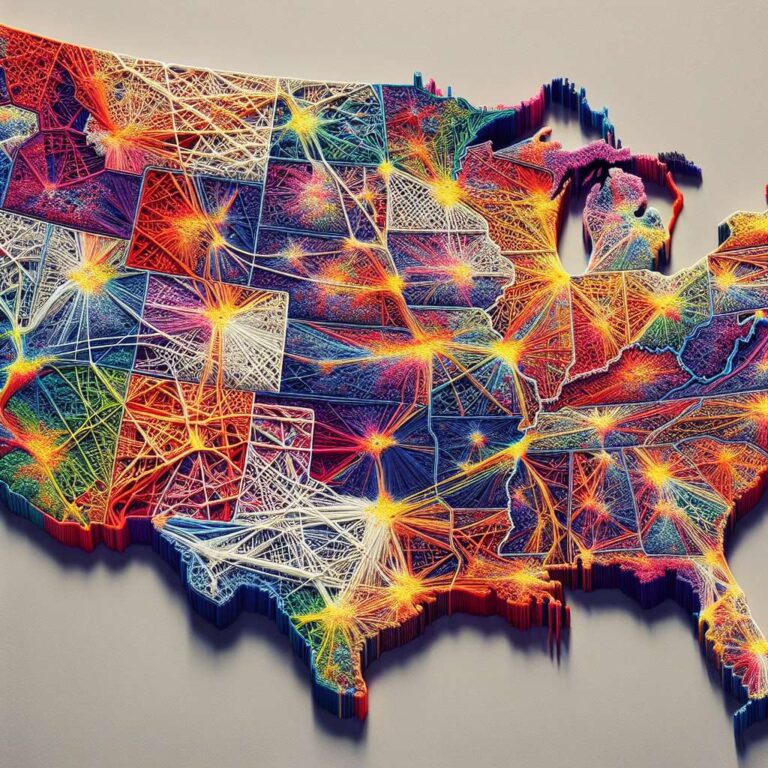The Brookings Institution has released an interactive report that offers a fresh perspective on where Artificial Intelligence companies are rooted, and how these dynamics vary regionally across the United States. By measuring elements such as the readiness of local industries, academic talent pools, and innovation networks, the analysis brings into view stark differences between well-established tech hubs and areas still working to catch up. While cities like San Francisco and Boston dominate the conversation about Artificial Intelligence, the report’s nuanced segmentation of US metro areas shows concentrated activity and lingering gaps.
Most notably, the majority of Artificial Intelligence startups and skilled workers are found in a handful of major metropolitan centers. Brookings identifies this group as ‘AI Superstars,’ with the Bay Area at the top, and ‘Star AI Hubs’ like Boston, Seattle, and Miami making up the next echelon. Data reveals close to two-thirds of workers advertising Artificial Intelligence skills are based in these leading hubs, further entrenching their dominance in critical technology development. More than three-quarters of all relevant startups also emerge from these regions, underscoring how tightly clustered the Artificial Intelligence ecosystem remains.
The report does, however, highlight several emerging centers for Artificial Intelligence outside the traditional big-city powerhouses. Cities with strong academic anchors, such as Madison and College Station, or industrial legacies, including Detroit and Pittsburgh, are making strides but face challenges in areas like talent development, innovation capacity, or local adoption by businesses. For example, Columbia, South Carolina, has the population and university presence but struggles with producing skilled graduates, while Tampa’s university system lags in research activity. The study also notes a divergence in the nature of support: some places like Huntsville are buoyed by government contracts for research, whereas others such as Sacramento depend more heavily on venture funding. This bifurcation suggests pathways for targeted local policies to foster collaboration between academia, industry, and government, building regional Artificial Intelligence ecosystems that are more balanced and resilient.

